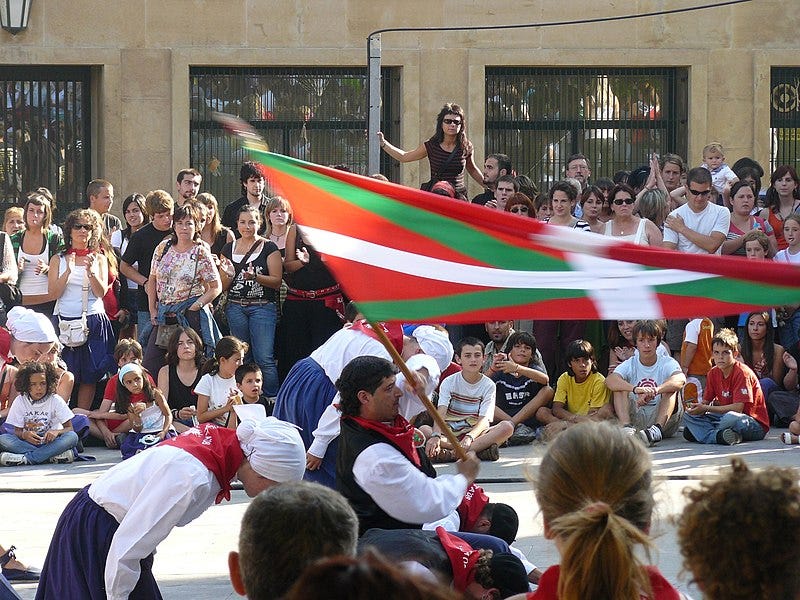Basque: The Language the Devil Couldn’t Learn
Europe’s language unicorn
Nestled between the westernmost point of the Pyrenees, straddling the border between France and Spain, the last pre-Indo-European language resides.
The Basque language is so ancient and unique to its Romance neighbors of Spanish, French, and Occitan, that myth would have it that when the Devil wondered why there were no Basque-speaking people in Hell, he made the journey to the nestled community to convert the people, but the language proved difficult to learn, and he failed to corrupt the Basque people.
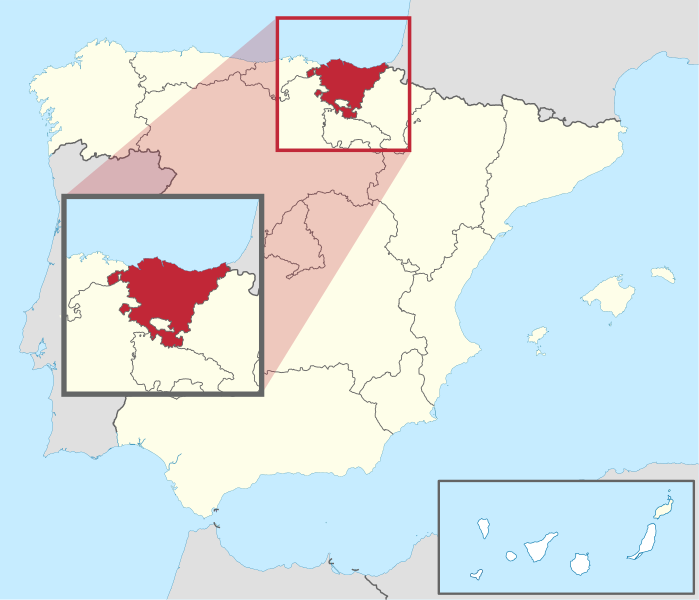
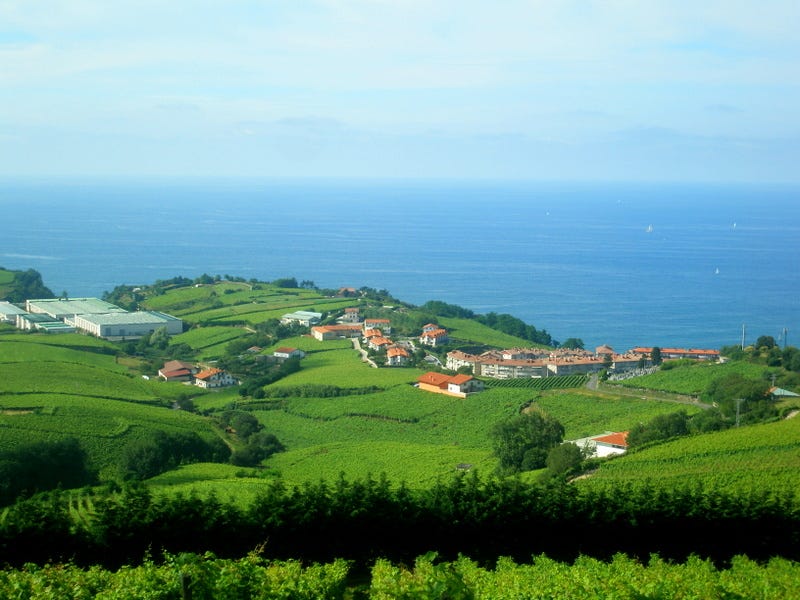
Features of the Basque language
After researching Basque, the Devil’s difficulties laid upon my Anglo/Germanic/Romance brain.
Basque uses an ergative-absolutive grammatical alignment, an alignment that emphasizes the agent/subject of the action as the doer of the transitive action. In the example below, the subject in Basque — Gizona (man) becomes Gizonak demonstrating that it is the agent/subject of the transitive verb.
A good explanation of Ergativity is here. https://www.youtube.com/watch?v=kFzt_GHNd1M
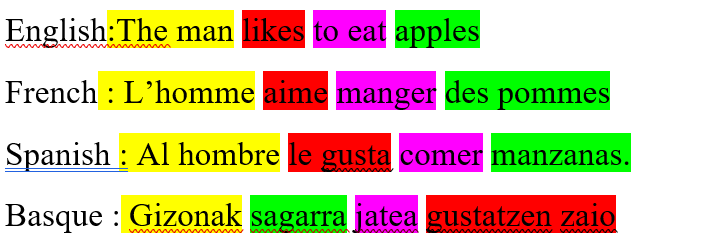
In contrast to most Latin languages and English, where the word order typically is Subject-Verb-Object, Basque engages with Subject-Object-Verb, a structure more commonly seen in most of Asia. Furthermore, Basque is an agglutinative language, meaning it forms words and expresses grammatical relations by adding prefixes, suffixes, and infixes to root words. Syntax is also dictated by the purpose and tone of the phrase and the language has a rich case system.
The Basque Language and Peoples
Basque currently boasts 800,000 speakers and the etymological and cultural origins of Basque come from the Vascones, a term the Romans used for the people.
The Basque people identify themselves and their language as Euskaldun and Euskara. There is no conclusive unearthing of a Basque writing system or alphabet before Latin and since Roman conquest, Basque has been written in the Latin script.
For years, the Basque people maintained their own culture and language. They often cycled between being allied and antagonistic to the forces that surrounded their cultural enclave. Their culture was seen as pagan to Charlemagne and Christendom, as well as the Muslims during their rule of Iberia.
Despite early Christian testimonies and institutional organization, Basque Christianization was slow. Many Basques hung onto their pagan religion and beliefs, and their Christianization was a slow process, so much so that the Basque people felt the heat of the Spanish Inquisition, with intense witch trials when thousands of Basques were accused of witchcraft.
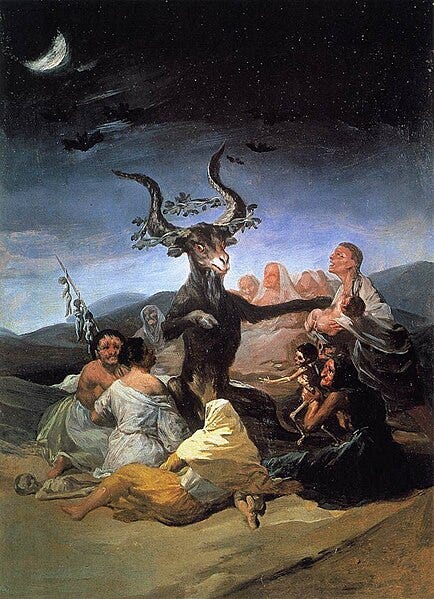
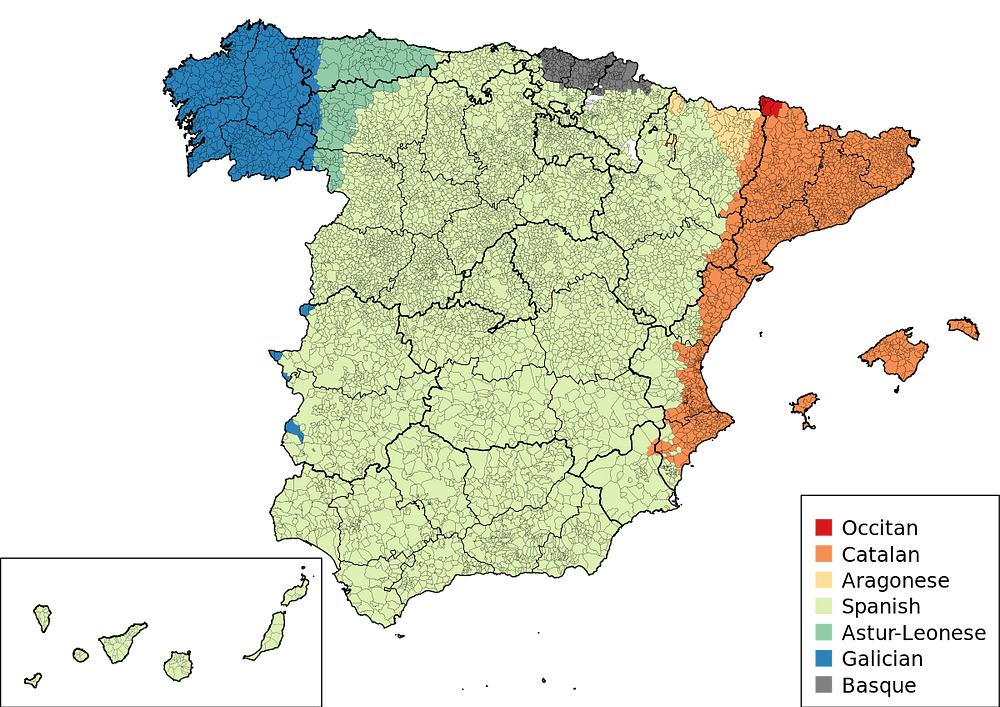
The Basques were persecuted well into the 20th century when dictator Francisco Franco sought to create a homogenous Spanish culture and attempted to exorcise unique ethnic groups and cultures such as Basque and Catalan. But after the death of Franco in 1975, the scars of his regime slowly healed as the percentage of Basque speakers increased from 24.1% of the population of the region of Basque Country in 1991 to 43.3% in 2021, with the largest increase being shown in the age range of 16–24.
